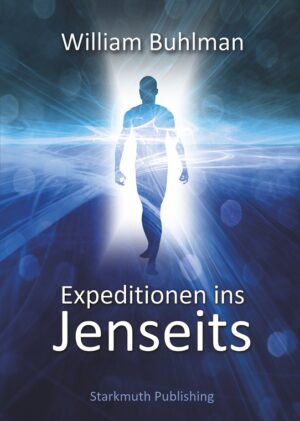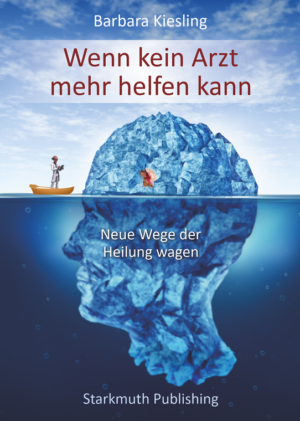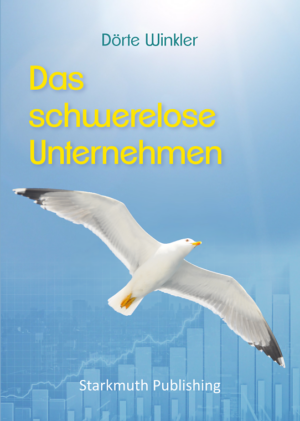zum Warenkorb 0,00 €
0Life is what you make it … literally!
A review by Hugh Featherstone
The Making of Reality draws on the findings of cosmologists, behavioural biologists, sociologists, anthropologists, psychologists, philosophers and quantum physicists, as well as that community of therapists and life-coaches who work in the field of human well-being, to offer a quite remarkable explanation for why the world is both exactly the way we think it is and yet, at the same time, utterly and radically different from all our perceptions and preconceptions. This is Jörg Starkmuth’s first book. It will be a very hard act to follow.
The author argues that we live in a world which – though it appears to be more or less one and the same to each of us, within the natural latitudes of subjectivity – is in “reality” an omni-facetted, collective creation, based on the sum of all experience that shares a sufficient margin of overlap to create a cultural and conceptual norm. This normative process is so powerful, stemming from the most primitive roots of our pre-historic psychology, that it can effectively negate or marginalize all or any experience, however “well-founded”, “correct” or “intuitively powerful” that does not receive collective acceptance. This effectively explains why each age has its zeitgeist, belief structures and rationale, also why different peoples have different social codes, a different understanding of history, of nature, of humanity, even of time. It also explains how entire civilizations have been able to take such blindingly obvious routes into oblivion and why we prefer to persecute our prophets rather than pay them any attention.
If the book only went this far, it would already have proved its worth, while staying on relatively safe socio-psychological and anthropological turf. But The Making of Reality goes far beyond this. It presents a seamless and cogent argument, based on sound physical premises, for throwing overboard our entire conventional view of time, of reality, of humanity, of life, the universe and, well … everything, to replace it with a conceptual multi-verse of which we ourselves are not only the prime developers but also, quite possibly, the origin. And if, as Starkmuth asks, the entire observable reality is merely a figment of my/your/our fertile imagination, then surely we are free to change and improve it? If I am my own God, can I dispense with tiresome little you and all the trouble you are causing me? The enticing possibilities, but also the clear constraints, of this radical approach occupy the last third of the book and present us with a new concept of self and a re-evaluation of what we can truly expect to achieve in life.
So, does this excellent work justify the reckless pursuit of personal happiness? Definitely not! Indeed, the deeper you go into Starkmuth’s premise, the more you realize that the blind pursuit of almost anything is a potential disaster. The final chapters, while serving as a handbook on how to effectively improve your personal reality, nonetheless encourage us to develop, in Rheinhold Niebuhr’s immortal words, the “serenity to accept the things we cannot change, the courage to change the things we can and the wisdom to know the difference” … except that “serenity”, “courage” and “wisdom” begin to take on new meanings here, as do “things” and, most of all, the simple word “know”. As Bill Clinton famously put it, sometimes it depends what you mean by “is”.
Will this book change your life? Well, you’ll consider the concepts “change” and “life” somewhat differently once you’ve finished reading it. It will certainly alter the way you regard your own life, the way you let things affect you and your perception of self. Should you buy it? As someone involved in the editing and translating of the book, I’m not strictly qualified to answer that one without serving my own obvious interests. But if I were someone else, and from the premise of this book I quite possibly am, then yes, I’d buy it and consider it money very well spent. The Making of Reality does everything a good book should: informs, entertains, delights, amuses, excites and keeps you turning the pages.





